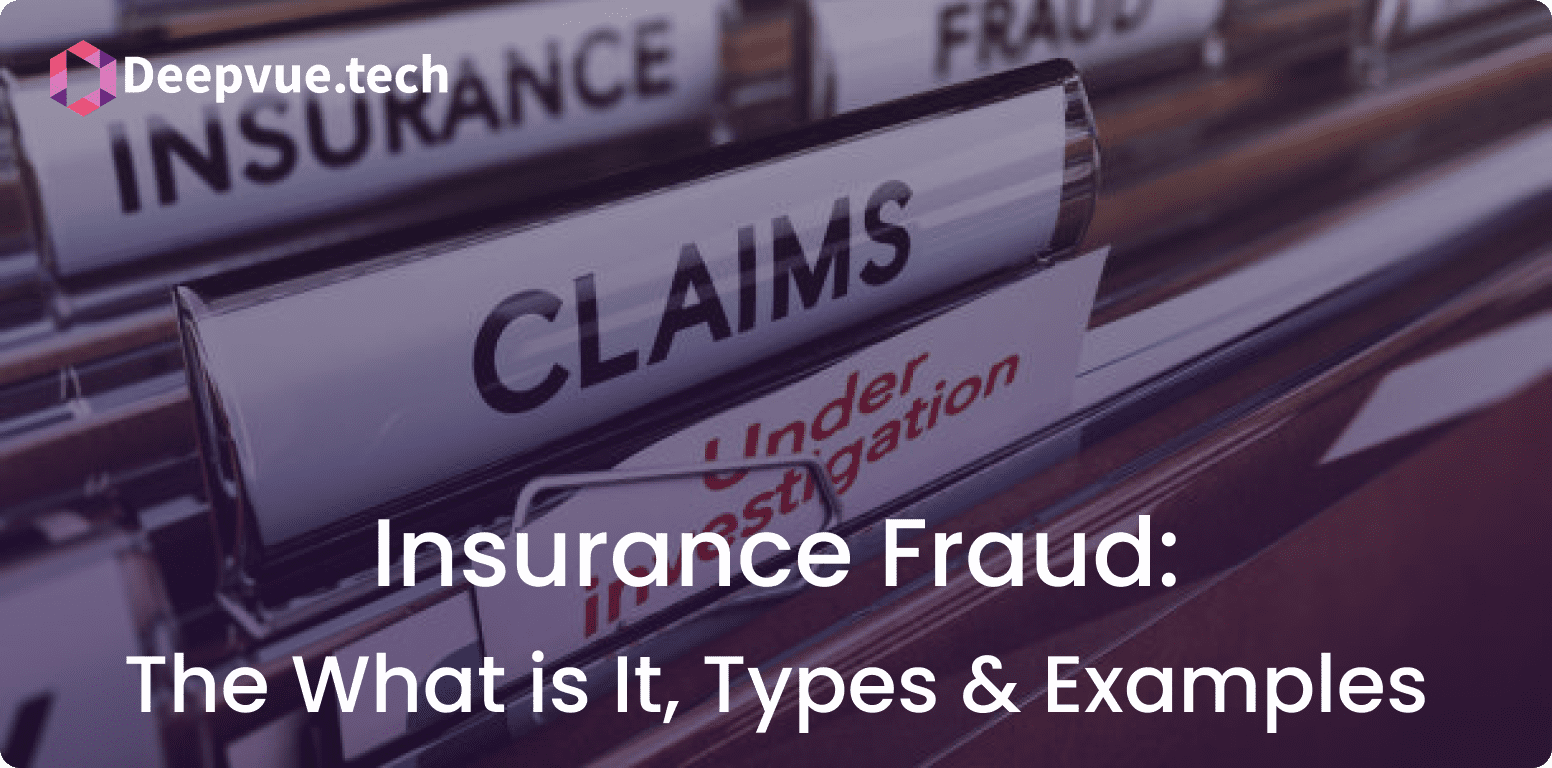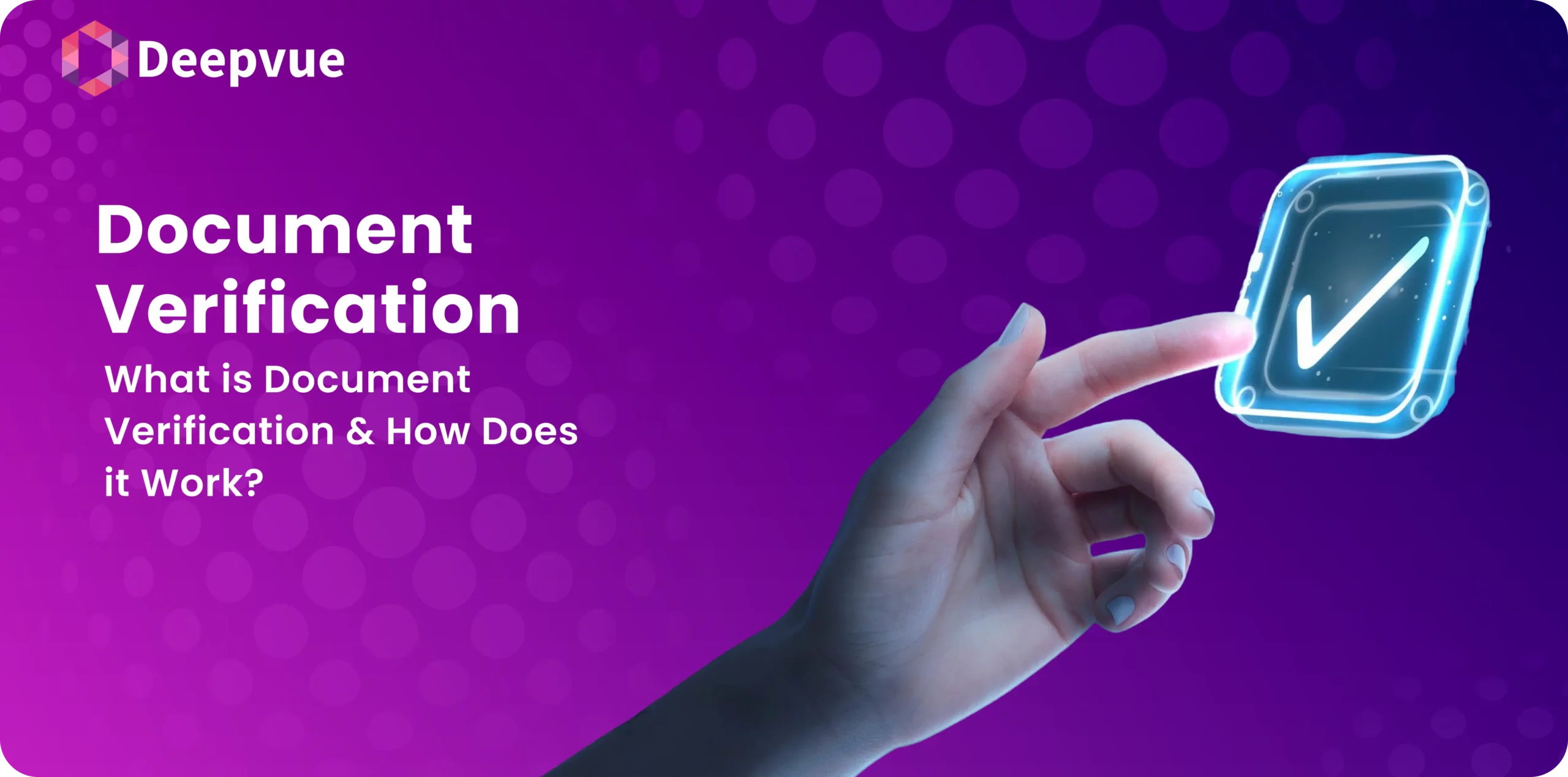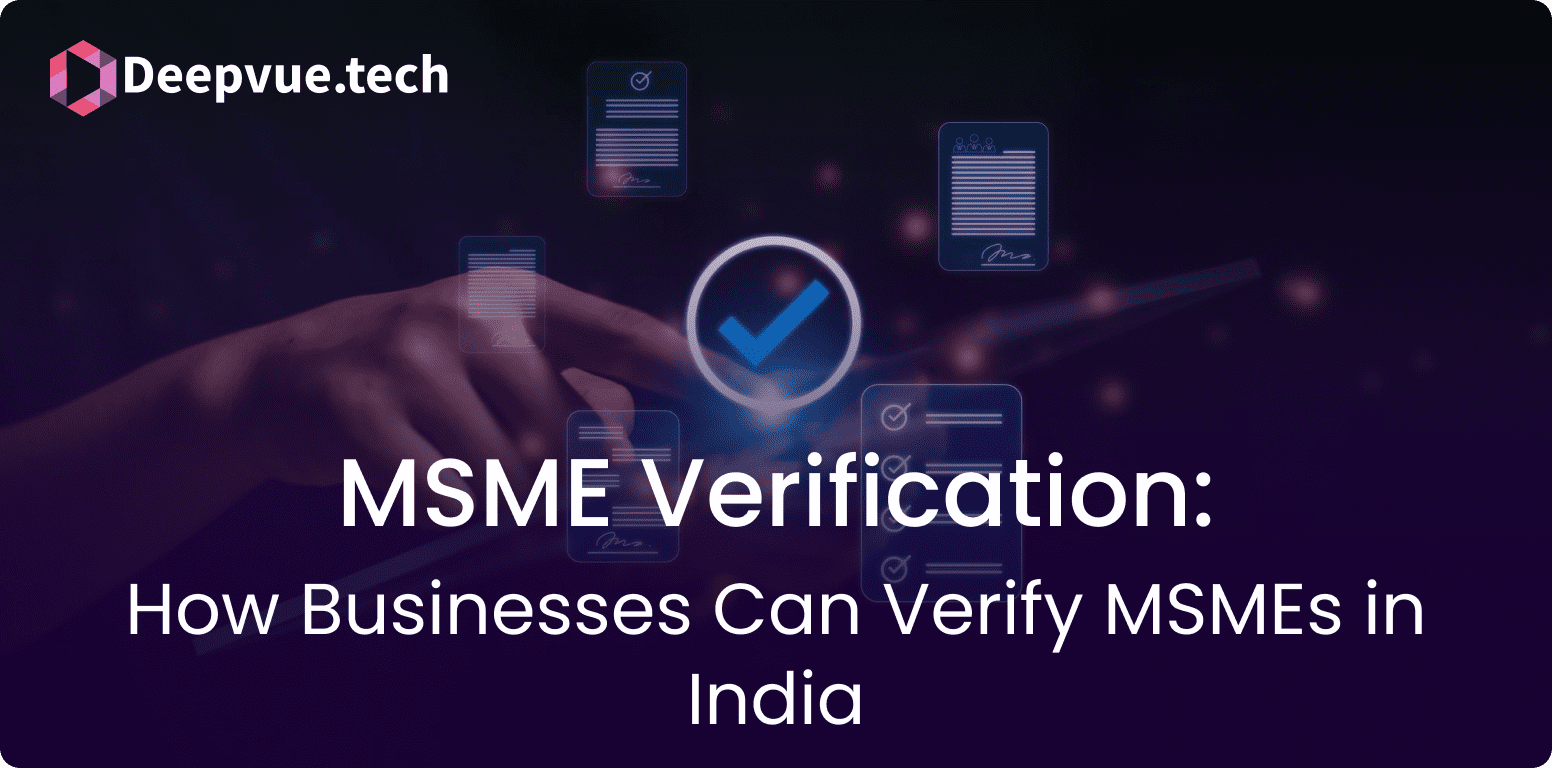What is Business Verification?
Business verification is a vital process that ensures the integrity and legitimacy of business entities. It involves verifying various aspects of a business, such as its details, address, and legal documents. The verification process typically includes confirming the accuracy of the business’s registration and incorporation documents, checking for any sanctions or regulatory compliance issues, and reviewing the financial stability and operational history of the business. This process is crucial for financial institutions, government registries, and other entities that interact with businesses, as it helps to minimize potential risks associated with fraudulent or illicit activities. By verifying businesses, organizations can trust that they are dealing with legitimate and reputable entities, reducing the chances of reputational damage and financial loss. Business verification may involve human intervention or automated systems that use advanced technology to analyze and validate the information provided. Overall, business verification aims to ensure the correctness and authenticity of business details, promoting transparency and trust in the business environment.
Why is Business Verification Important?
Business verification is a crucial process in compliance and risk management efforts, especially for banking, insurance, and investment management industries. It plays a vital role in preventing fraudulent and non-compliant activities by ensuring the legitimacy and accuracy of business information.
Verification helps businesses confirm the details a potential client or business partner provides, such as their business address, legal documents, and financial statements. It involves verifying the business’s incorporation documents, official registrations with government registries, and licenses. By conducting thorough checks, financial institutions and other companies can mitigate potential risks associated with conducting business with non-compliant or fraudulent entities.
Failure to validate a business’s authenticity can result in significant consequences. These include reputational damage, financial losses, and even legal repercussions. Verification also helps in meeting regulatory requirements and staying compliant with ever-changing regulations. It reduces the operational costs associated with dealing with non-compliant businesses and mitigates potential risks arising from illicit or suspicious activities.
In conclusion, business verification is paramount to ensure that businesses are legitimate and compliant with regulatory bodies. By conducting thorough checks, companies can protect themselves from potential risks, fraudulent activity, and reputational damage while ensuring their business operations’ accuracy and legitimacy.
Types of Business Verification
Companies can use several types of business verification processes to ensure the authenticity and legitimacy of their potential clients or business partners. These verification processes involve checks and documentation to confirm various aspects of a business’s operations and legal compliance. The types of business verification include:
1. Identity Verification: This involves verifying the identity of the individuals associated with the business, including beneficial owners and key personnel. It may require verifying their personal information, such as identification documents and contact details.
2. Address Verification: This process ensures the business’s address is valid and accurate. It may involve cross-referencing the address with official records or physically visiting the premises.
3. Document Verification: This type of verification involves confirming the authenticity and validity of the business’s legal documents, such as incorporation documents, licenses, registrations, and financial statements. It may require reviewing these documents with regulatory bodies or conducting background checks on the business’s history.
4. Regulatory Compliance Verification: This verification process ensures that the business complies with relevant regulations and laws in its industry. It may involve checking the business’s adherence to specific regulatory requirements, such as anti-money laundering (AML) and know-your-customer (KYC) regulations.
By utilizing these types of business verification, companies can make informed decisions when entering into business relationships and reduce potential risks associated with non-compliant or fraudulent entities.
Business Details Verification
Business details verification is crucial for confirming business information’s accuracy and legitimacy. It involves reviewing and validating key details to ensure compliance and effective risk management.
When verifying business details, confirming the legal business name, address, phone number, and website is essential. These elements provide a foundation for conducting business and establishing trust with customers, partners, and regulatory authorities.
Verifying business details is vital for compliance purposes. It helps companies to adhere to industry regulations and avoid legal penalties. By confirming the accuracy of the information, businesses can ensure that they operate within the confines of the law and meet their regulatory obligations.
Additionally, business details verification is crucial for effective risk management. By confirming the legitimacy of a business and its operations, companies can identify any potential risks associated with their partnerships. This process helps safeguard against fraudulent activity, illicit practices, and reputational damage.
In conclusion, business details verification plays a crucial role in confirming the accuracy and legitimacy of key information. It is vital for compliance with regulatory requirements and effective risk management. By verifying business details, companies can operate with confidence and mitigate potential risks associated with inaccurate or fraudulent information.
Address Verification
Address verification is a critical step in the business verification process. It involves confirming the accuracy of a business’s physical address to ensure that it is valid and reliable. Here is a step-by-step guide to address verification:
1. Request a Verification Code: The business owner or authorized personnel typically initiates the address verification process. They request a verification code from the relevant platform or service provider.
2. Secure the Code: Once the verification code is received, it is crucial to keep it secure. This code is proof of the business’s physical location and should not be shared with anyone, including third parties.
3. Enter the Code on the Business Profile Page: The next step is to enter the verification code on the business’s profile page or a designated section. This allows the platform or service provider to cross-check the provided address with the code, ensuring its correctness.
Address verification is essential to maintain the integrity of business information and foster trust with customers, partners, and regulatory authorities. By verifying the physical address, businesses can prevent fraudulent activity, improve security, and comply with regulatory requirements. Keeping the verification code secure and confidential is crucial to maintaining the accuracy and reliability of the business’s address information.
Legal Documents and Government Registries
Legal Documents and Government Registries are crucial in the business verification process. When verifying a business, it is essential to check and authenticate the legal documents the business owner provides. These documents indicate the business’s existence, legal status, and operational details.
One of the key aspects of business verification is ensuring regulatory compliance. By checking government registries, such as business registries or corporate registries, one can verify the authenticity of the business’s registration and its compliance with the applicable laws and regulations. This step helps in preventing fraudulent activities and illicit practices.
The specific documents required for verification may vary from country to country. For example, documents like the business license, incorporation documents, and official documents filed with the Secretary of State may be required in the United States. The Companies House registration certificate, information from the Financial Conduct Authority, and beneficial ownership details may be necessary in the United Kingdom. Other countries may have their own specific requirements.
Verifying legal documents and checking government registries is essential for ensuring the legitimacy of a business, preventing financial crime, and maintaining regulatory compliance. Businesses and financial institutions can protect themselves from risks and reputational damage associated with illegal or fraudulent activities by conducting these checks.
Financial Institutions and Regulatory Compliance
Financial institutions play a crucial role in ensuring regulatory compliance through business verification. Before opening accounts or issuing loans, these institutions need to confirm the identification and authenticity of firms. This verification process is essential to protect against fraudulent activity, mitigate potential risks, and maintain regulatory compliance.
One of the key aspects of business verification for financial institutions is assessing a company’s financial stability. This involves verifying financial information provided by the business, such as financial statements, bank statements, and credit reports. By thoroughly reviewing these documents, financial institutions can evaluate the business’s financial health and determine its ability to meet financial obligations.
Additionally, business verification helps financial institutions identify potential risks associated with the company. Through this process, they can identify any suspicious activities, illicit practices, or reputational damage that may be linked to the business. By conducting in-depth checks, financial institutions can ensure that they are dealing with legitimate and trustworthy entities, minimizing the likelihood of encountering issues down the line.
Overall, business verification is a vital component of regulatory compliance for financial institutions. By confirming businesses’ identity and financial stability, these institutions can protect themselves and their customers from potential risks and ensure compliance with ever-changing regulations.
Additional Documents for Incorporation
Regarding business incorporation, several additional documents are typically required to complete the process. These documents play a crucial role in the business verification process, as they help verify the legal entities and ensure regulatory compliance.
The specific documents needed for incorporation may vary from country to country, but some common examples include business licenses, certificates of incorporation, tax identification numbers, and utility bills.
Business licenses are essential for legally operating a business and may be specific to certain industries or activities. Certificates of incorporation prove that a company has been legally registered and recognized as a separate legal entity. Tax identification numbers are necessary for tax purposes and to ensure compliance with local tax regulations. Utility bills, such as electricity or water bills, are often required to verify the business’s physical address. Documents are necessary for the business verification process to be complete.
These additional documents are vital in the business verification process as they provide evidence of the legitimacy and legality of the business. They help financial institutions and regulatory bodies assess the authenticity of the business and ensure that it meets the necessary legal requirements. Without these documents, the business verification process would be incomplete, leaving room for potential risks, regulatory non-compliance, and fraudulent activity.
Incorporation documents, including business licenses, certificates of incorporation, tax identification numbers, and utility bills, are essential components of the business verification process, providing valuable information to verify the legal entities and ensure regulatory compliance.
Methods of Business Verification
Business verification ensures the legitimacy and authenticity of a company before establishing partnerships, onboarding customers, or offering financial services. Here are some common methods for verifying businesses:
1. Aadhaar-Based Verification
Verification through the business owner’s Aadhaar details ensures quick and accurate identity validation, essential for KYC and compliance processes.
2. GST Verification
Validating the GST Identification Number (GSTIN) confirms the business’s tax registration status and compliance under the Goods and Services Tax regime.
3. PAN Verification
Cross-checking the business’s Permanent Account Number (PAN) ensures accurate tax identification and compliance with financial regulations.
4. Udyam Registration Verification
Validating the Udyam Registration Number confirms the MSME status of the business and helps in availing government schemes and benefits.
5. Bank Account Verification
Confirming the authenticity of a business bank account ensures secure financial transactions and mitigates fraud risks.
6. Address Verification
Verifying the registered business address through utility bills, rent agreements, or site visits ensures accurate location details for official correspondence.
7. Domain and Email Verification
Cross-checking the company’s domain and official email address helps confirm the business’s online presence and authenticity.
8. Company Registration Verification (CIN)
Verification through the Ministry of Corporate Affairs (MCA) portal using the Corporate Identification Number (CIN) confirms a company’s legal registration status.
9. Trade License Verification
Checking trade licenses issued by local authorities ensures that the business is authorized to operate in a specific location or industry.
10. Credit Report Verification
Accessing detailed credit reports from reliable agencies helps assess a business’s financial health and repayment capacity.
Process of Business Verification
The business verification process involves confirming a business entity’s legitimacy and legality. This is essential for financial institutions, regulatory bodies, and other stakeholders to ensure compliance with regulations and mitigate potential risks. By verifying business details, such as licenses, addresses, and legal documents, the authenticity and credibility of the business can be confirmed. The some of the key steps involved in the business verification process are listed below.
Collecting Data from Different Sources
Collecting data from various sources is crucial to the business verification process. Businesses need to gather information from different sources such as government registries, financial institutions, and public databases to ensure they have a comprehensive view of the company’s legitimacy and compliance with regulations.
Government registries are an important source of information for business verification. These registries contain official records and legal details of registered businesses. Businesses can obtain important documents such as incorporation, company registration numbers, and other relevant legal documents from these registries.
Financial institutions also play a vital role in data collection for business verification. Banks maintain records of their customers’ transactions, financial statements, and bank statements. These documents provide insights into the financial stability and activities of the business, helping to mitigate potential risks.
Public databases are another valuable source of information. These databases contain publicly available information such as business addresses, phone numbers, and additional details about the company. By cross-referencing the information gathered from different sources, businesses can authenticate the accuracy of the data and reduce potential risks.
In the process of collecting data, businesses may need to gather documents and information such as business licenses, tax identification numbers, utility bills, and beneficial owner details. These details help verify the authenticity and correctness of the business’s operations and ownership.
Overall, collecting data from different sources is essential for business verification. It allows businesses to gather information from government registries, financial institutions, and public databases to ensure regulatory compliance and protect against fraudulent activities. By accurately cross-referencing the collected data, businesses can authenticate the accuracy of the information and reduce potential risks.
Analysis of the Collected Data
Once the data has been collected for business verification, the next step is to analyze it to ensure accuracy and reliability. This process involves reviewing and evaluating the information gathered from different sources.
First, the collected data must be carefully reviewed to identify any inconsistencies or discrepancies. This review helps to assess the quality and completeness of the data. It is important to ensure that all required information is present and that no red flags or suspicious activities are observed.
After the initial review, the data is evaluated based on specific criteria and requirements. This evaluation helps to determine if the business meets regulatory compliance, financial stability, and other relevant factors. It involves analyzing the financial statements, bank statements, and other documents to assess the business’s financial health.
Cross-referencing is a crucial step in the analysis process. By comparing the information obtained from different sources, businesses can ensure the accuracy and reliability of the data. This involves checking if the business details, such as business address and phone number, match across various documents and registries. It also includes verifying the consistency of the financial information provided.
Businesses may need additional verification or clarification from the business itself or relevant authorities to authenticate the data. This can involve confirming the authenticity of documents, contacting regulatory bodies, or conducting further investigations to validate the information.
Ensuring the accuracy and reliability of the collected data is essential in business verification. By conducting a thorough analysis of the data, including reviewing, evaluating, cross-referencing, and authenticating, businesses can minimize potential risks and make informed decisions regarding verifying a business.
Cross-Referencing to Authenticate Data
Cross-referencing is a critical step in the business verification process that helps authenticate the data provided by a business. It involves comparing the information obtained from different sources to ensure accuracy and reliability.
By cross-referencing data, businesses can verify the consistency of business details such as address and phone number across various documents and registries. This ensures that the information provided by the business is consistent and accurate. Additionally, cross-referencing helps businesses assess the reliability of financial information provided, such as bank statements and financial statements.
To ensure an objective and unbiased verification process, businesses may also engage third-party verification services. These services specialize in verifying the authenticity and accuracy of data by cross-referencing it with multiple reliable sources and databases. This adds an extra layer of credibility to the verification process.
Cross-referencing and data authentication in business verification aim to prevent fraud and financial crime. By thoroughly evaluating and cross-referencing the information, businesses can identify any potential red flags or inconsistencies that may indicate fraudulent activity. This helps safeguard against reputational damage, financial losses, and potential legal implications.
In conclusion, cross-referencing plays a vital role in business verification by authenticating data and ensuring its accuracy and reliability. Utilizing third-party verification services further enhances the credibility of the process, with the ultimate objective of preventing fraud and financial crime.
Cost of Business Verification Services
The cost of business verification services can vary depending on several factors. These factors include the complexity of the verification process, the number of documents and data points that need to be cross-referenced, the scope of the verification coverage, and the level of human intervention required. The cost may also depend on the reputation and expertise of the third-party verification service provider.
Businesses should consider business verification services’ potential risks and benefits when assessing the cost. While the upfront cost of verification services may seem like an added expense, it can help mitigate the risks of fraudulent activities, reputational damage, and financial losses in the long run. Moreover, compliance with ever-changing regulations and requirements is crucial to avoid penalties and legal implications. Investing in business verification services can provide businesses with a solid foundation for regulatory compliance and financial stability.
It’s important to note that the cost of business verification services should be weighed against the potential consequences of not verifying business details and information. Failing to conduct thorough business verification can lead to operational costs in the form of financial losses, legal penalties, and damage to reputation. By investing in reliable and comprehensive business verification solutions, businesses can minimize these risks and ensure they deal with verified and legitimate entities, fostering trust and confidence in their business operations.
Industries & Organizations That Require Business Verification
Business verification plays a crucial role in maintaining transparency, security, and compliance across various sectors. It helps organizations authenticate their partners, vendors, and clients, ensuring legitimate operations and risk mitigation. Below are key industries and organizations that require business verification:
1. Financial Services & Fintech
- Purpose: Compliance with KYC and AML regulations.
- Use Case: Verifying businesses for loans, payment gateways, and investment services.
2. E-Commerce & Retail
- Purpose: Preventing fraudulent sellers and ensuring product authenticity.
- Use Case: Onboarding verified merchants and partners for online marketplaces.
3. Healthcare & Pharmaceutical Industry
- Purpose: Regulatory compliance and supplier authenticity.
- Use Case: Validating distributors, hospitals, and clinics before supply agreements.
4. Government Agencies & Public Sector
- Purpose: Compliance and operational integrity.
- Use Case: Validating contractors and vendors for public projects.
5. B2B SaaS & Technology Companies
- Purpose: Secure and verified client onboarding.
- Use Case: Authenticating enterprise customers and partners for SaaS subscriptions.
6. Real Estate & Property Management
- Purpose: Fraud prevention and regulatory compliance.
- Use Case: Verifying tenants, property developers, and real estate agencies.
Conclusion
Business verification is an essential process that helps businesses protect themselves from fraud and financial crime. Cross-referencing data and utilizing third-party verification services are two effective methods for verifying business details and information authenticity. However, businesses should carefully weigh the cost of these services against the potential risks associated with not verifying their data. To ensure reliable and comprehensive business verification solutions, businesses can utilize Deepvue Business Verification APIs, which provide real-time access to accurate data from multiple reliable sources. With these tools, businesses can rest assured that they are dealing with verified entities and transactions, thus minimizing their risk exposure.
FAQ
What is business verification?
Business verification is a process designed to authenticate and assess the risk linked to another company. It involves verifying the credibility and legitimacy of any business the company engages with.
What are the key measures included in business verification?
The key measures in business verification include collecting and authenticating information such as company registration details, legal name and address, and ultimate beneficial owners.
What is the purpose of conducting Anti-Money Laundering (AML) checks in business verification?
AML checks are conducted to ensure compliance with regulations and to prevent money laundering and other fraudulent activities throughout the business relationship.
What is the relationship between business verification and Know Your Business (KYB)?
Business verification and KYB are related and often used interchangeably to describe the process of confirming the identity and authenticity of business entities.








